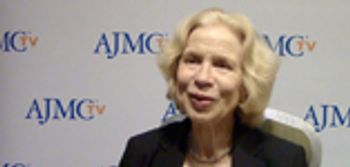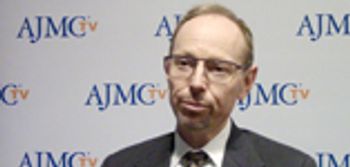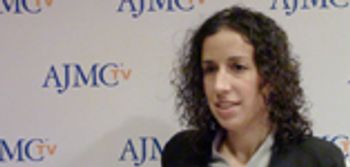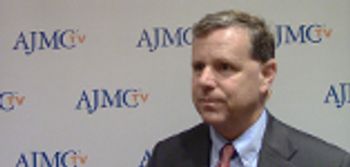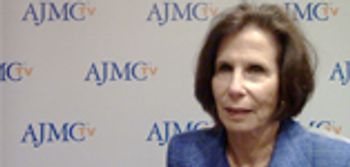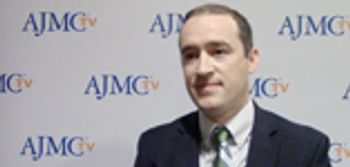
James D. Chambers, PhD, MPharm, MSc, of Tufts Medical Center was named the 2017 recipient of the Bernie J. O'Brien New Investigator Award at the ISPOR 22nd Annual International Meeting. He highlights the trends he is most looking forward to seeing develop over the next year and the next 5 years.

